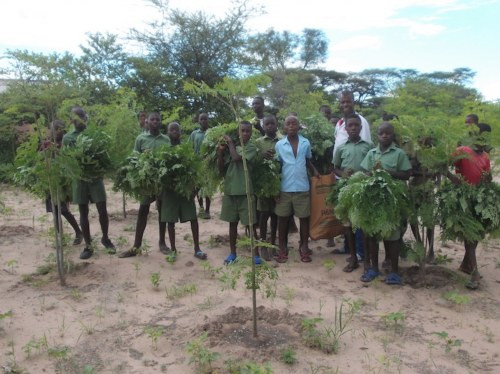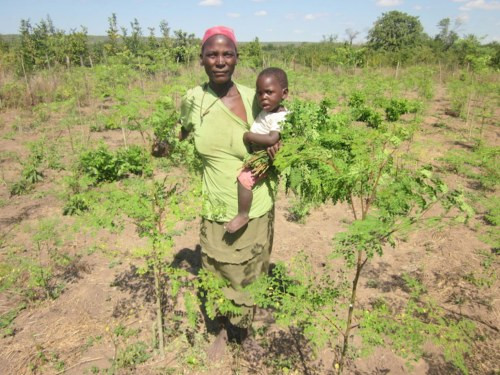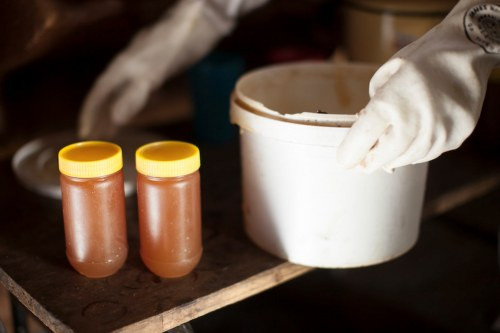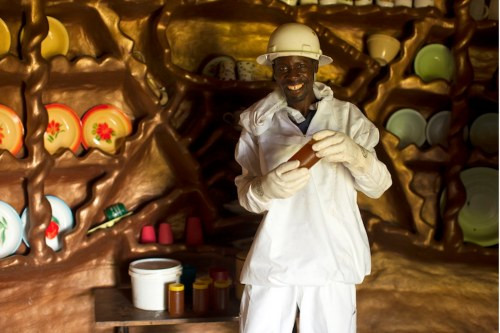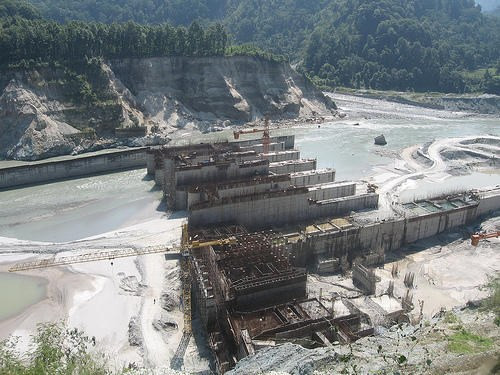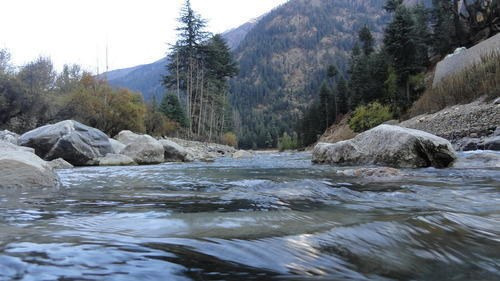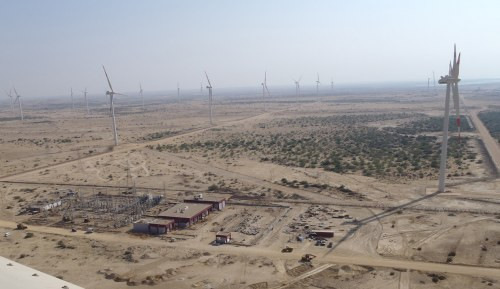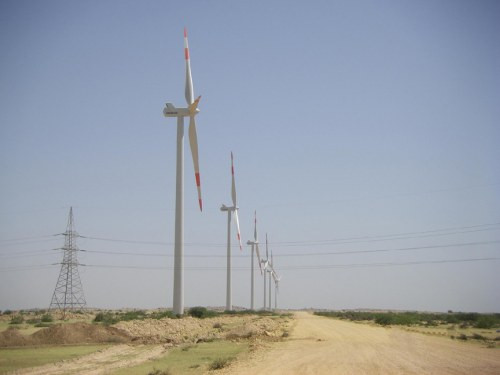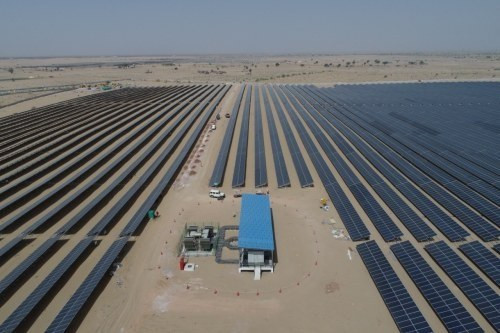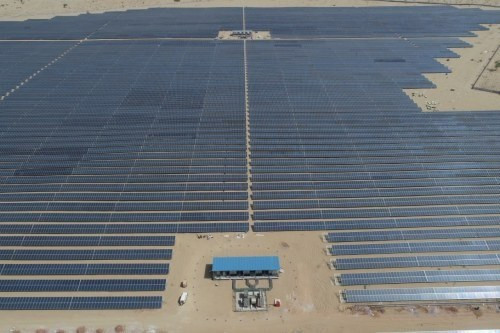Iris von Arnim GmbH unterstützt folgende UN Ziele für nachhaltige Entwicklung:
KLIMANEUTRALES UNTERNEHMEN
Iris von Arnim GmbH

Teilnehmer-ID: DE-2171-1206
Gültig bis: 14.02.2023
Diese Urkunde garantiert, dass die ausgewiesene Menge 192 Tonnen CO2 nach dem Standard des Greenhouse Gas Protocol scopes 1, 2 und 3 bilanziert und mit nach Gold Standard und VCS geprüften internationalen Klimaschutzprojekten kompensiert wurde.
Iris von Arnim GmbH hat in Höhe der ermittelten Menge CO2 Anteile (Zertifikate) aus Klimaschutzprojekten erworben und trägt damit sichtbar zur Realisierung dieser Projekte bei. Damit wird sichergestellt, dass die eigenen CO2 Emissionen kompensiert und der Anstieg der Erderwärmung gedrosselt wird.
Die Projekte wurden zertifiziert und die Ausgabe und Stilllegung der Zertifikate wird transparent registriert.
Iris von Arnim GmbH nimmt damit am freiwilligen Emissionshandel teil und leistet mit der Verringerung des Treibhausgases einen Beitrag für eine lebenswerte Umwelt. Der Inhaber dieses Zertifikats engagiert sich nachhaltig in den Bemühungen gegen die globale Klimaerwärmung.
Dipl.-Ing. Frank Huschka
Iris von Arnim GmbH unterstützt folgende Klimaschutzprojekte:
Kariba REDD+ Forest Protection

Simbabwe
Seit dem Start des Kariba REDD+-Projekts (Reduced Emissions from Deforestation and Degradation) im Jahr 2011 konnten mehr als 18 Millionen Tonnen CO2 aus der Atmosphäre entfernt werden. Das Projekt hat auch die Unabhängigkeit und das Wohlergehen der lokalen Gemeinschaften gefördert.
Der Kontext
Simbabwe hat in den letzten Jahrzehnten unter politischen und wirtschaftlichen Turbulenzen gelitten. Angesichts begrenzter wirtschaftlicher Möglichkeiten haben sich verzweifelte Gemeinden immer tiefer in die Wälder zurückgezogen und diese für die Subsistenzlandwirtschaft und Brennholz gerodet. Mehr als ein Drittel der majestätischen Wälder Simbabwes ist verloren gegangen. Dies führt zu einer weiteren Instabilität für die Menschen, deren Lebensgrundlage ohnehin schon prekär ist.
Das Projekt
Das Kariba-Projekt schützt fast 785.000 Hektar Wald und Wildtiere am südlichen Ufer des Karibasees, nahe der Grenze zwischen Simbabwe und Sambia. Als eines der flächenmäßig größten registrierten REDD+-Projekte verbindet es vier Nationalparks und acht Safarireservate und bildet einen riesigen Biodiversitätskorridor, der einen ausgedehnten Wald und zahlreiche gefährdete und vom Aussterben bedrohte Arten schützt - darunter den Afrikanischen Elefanten, den Löwen, das Flusspferd, den Lappengeier und den Südlichen Bodenhornvogel. Darüber hinaus führt das Projekt zahlreiche gemeinschaftsorientierte Initiativen durch, die im Folgenden näher beschrieben werden.
Die Vorteile
Kariba ist ein gemeindebasiertes Projekt, das von den vier lokalen Rural District Councils (RDCs) von Binga, Nyaminyami, Hurungwe und Mbire verwaltet wird. Als solches unterstützt das Projekt eine Reihe von Aktivitäten, die über den Umweltschutz hinausgehen und die Unabhängigkeit und das Wohlergehen dieser Gemeinden fördern. Verbesserte Klinikeinrichtungen sorgen für eine bessere Gesundheitsversorgung, Infrastrukturen wie neue Straßen und Bohrlöcher verbessern das tägliche Leben, und für das ärmste Viertel der Bevölkerung werden Schulzuschüsse angeboten. Die Projektaktivitäten in den Bereichen konservierende Landwirtschaft, Gemeinschaftsgärten, Imkereiausbildung, Brandmanagement und Ökotourismus schaffen Arbeitsplätze und ermöglichen nachhaltige Einkommen, die der gesamten Region zugute kommen.
Bislang hat das Projekt 233 Einheimische darin geschult, mit nachhaltiger Bienenzucht Gewinne zu erzielen. Gemeinschaftsgärten, Imkereischulungen, Feuermanagement und Ökotourismus schaffen Arbeitsplätze und ermöglichen ein nachhaltiges Einkommen, das der gesamten Gemeinschaft zugute kommt.
Category Standard
Carbon | VCS Verified Carbon Standard 902
300MW Wasserkraftprojekt von JHPL

Indien
Zweck des Projekts ist die Erzeugung von Strom aus erneuerbarer Wasserkraft und dessen Verkauf an das Himachal Pradesh State Electricity Board (HPSEB).
Category Standard
Carbon | UNFCCC VCS ID 92
Zorlu Enerji Wind project
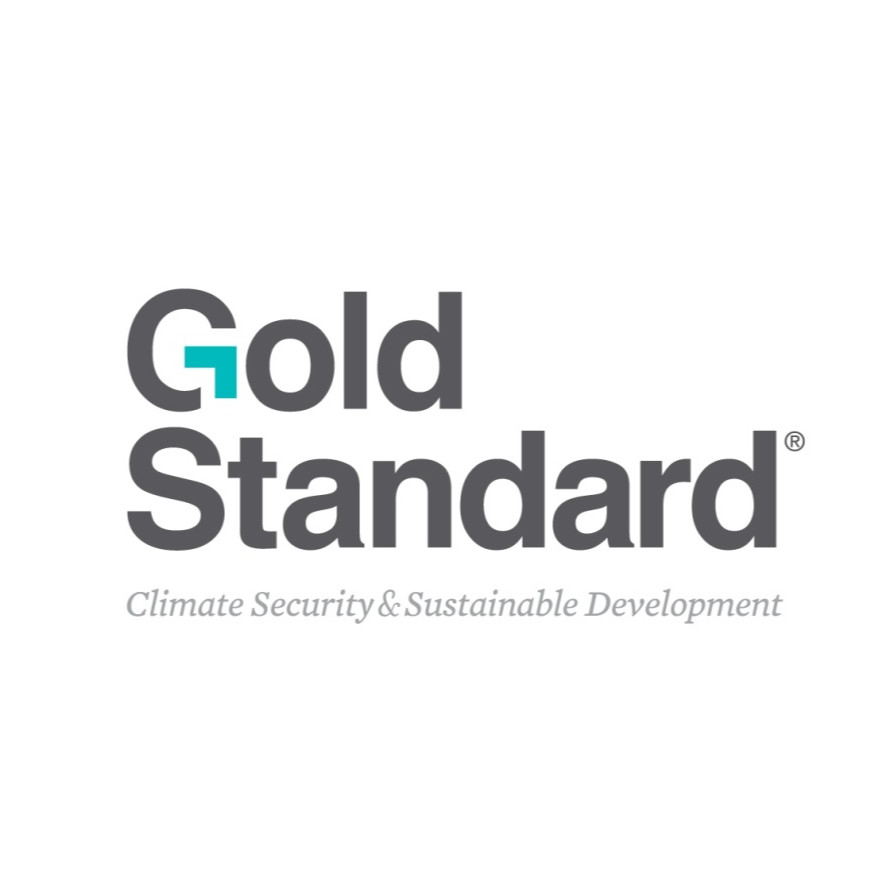
Pakistan
Wirtschaftliche Entwicklung:
Pakistan ist derzeit mit akuten Engpässen in der Energieversorgung konfrontiert. Es wird erwartet, dass die Projektaktivität eine geschätzte Menge von 159.010 MWh pro Jahr erzeugt und somit zu einer Verringerung der Anzahl von Stromausfällen und Spannungsabfällen bei anderen pakistanischen Netznutzern beitragen wird. Dies kann dazu beitragen, die wirtschaftliche Leistung anderer an das Stromnetz angeschlossener Unternehmen zu verbessern und das Wirtschaftswachstum in Pakistan zu fördern.
Soziale Entwicklung:
Das Projekt wird während der Bauphase und der Betriebszeit Beschäftigungsmöglichkeiten für die örtliche Bevölkerung bieten und damit Einkommensmöglichkeiten schaffen und zu einem höheren Lebensstandard in der Region beitragen.
Ökologische Entwicklung:
Durch die Vermeidung von Luftverschmutzung durch Kraftwerke mit fossilen Brennstoffen und die erhebliche Verringerung der Treibhausgasemissionen hat das Projekt positive Auswirkungen auf die lokale Umwelt und verbessert die Klimabilanz Pakistans.
Technologische Entwicklung:
Die Projektaktivität ist die erste ihrer Art in Pakistan. Durch den Einsatz von Windturbinen ausländischer Hersteller leitet das Projekt einen wichtigen Transfer von technischem Know-how nach Pakistan ein und kann eine Vorreiterrolle bei der Verbreitung dieser Technologie für andere Windkraftprojekte in diesem Land spielen.
Category Standard
Carbon | Gold Standard 3946
Orange Suvaan Solar Photovoltaic Power Project in Maharashtra

Indien
M/s Orange Suvaan Energy Private Limited (OSEPL) baut ein Solarenergieprojekt im Dorf Mhasaleim im Bezirk Dhule, Maharasthra, mit einer Kapazität von 100 MW (2 Phasen je 50 MW).
Ziel der Projektaktivität ist die Erzeugung von elektrischer Energie durch den Betrieb eines photovoltaischen Solarkraftwerks. Die installierte Gesamtleistung der Projektaktivität beträgt 100 MW.
Das Ziel der Projektaktivität ist die Erzeugung von elektrischer Energie mit Hilfe von Sonnenenergie durch den Betrieb von photovoltaischen Solarpanelen.
Der durch das Projekt erzeugte Strom wird in das indische Stromnetz eingespeist. Die Projektaktivität wird daher eine entsprechende Menge an Strom ersetzen, die andernfalls durch das überwiegend auf fossilen Brennstoffen basierende Stromnetz erzeugt worden wäre.
Category Standard
Carbon | Gold Standard 5928.

